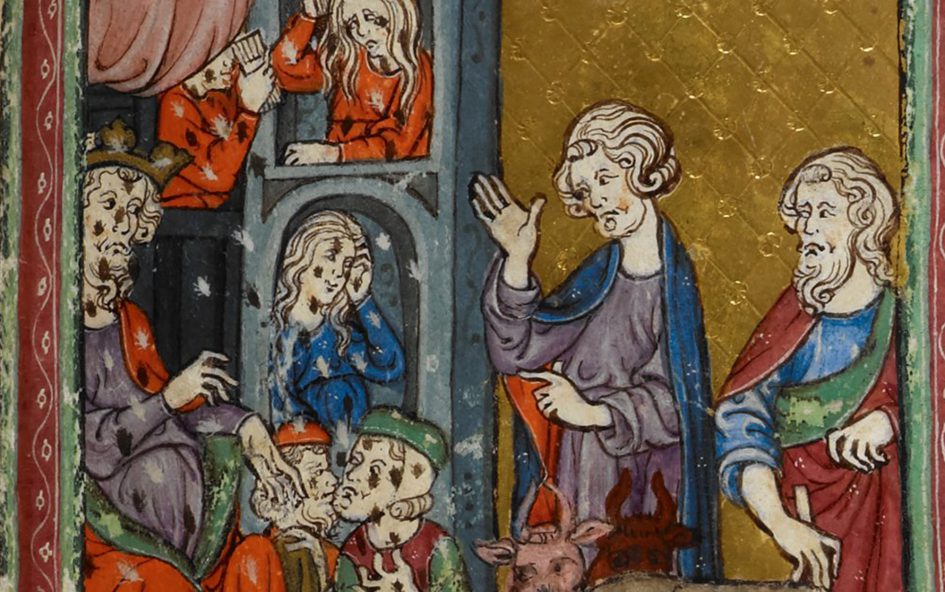At a recent talk, Irish-born theologian Dr. Thomas Groome lamented that ours is a “tough time for faith”. We have moved from what he called a Transcendent Worldview, which encourages faith, to a modern Immanent Worldview, which discourages faith.
He shared a story of his childhood that drove the point home. When Groome was young, he contracted pneumonia. It was a deadly illness at that time, and doubly scary for his family since his sister had died from it three years prior. The doctor was ten miles away, they didn’t have a phone, and his father was away with the car, so his mother couldn’t drive. So, what did his mother do? She prayed. She told God “I’m not leaving for the doctor until his fever breaks.” And that night, he fell asleep and woke up without a fever.
These days, in contrast, a mother would hop into the SUV, be to the doctor in ten minutes, retrieve a remedy, and be back to normal in a couple of hours. No miracles, no transcendence, no faith. As Groome put it, “We don’t need God the way we used to.”
To many, Groome’s mother represents a time of great faith, when pretty much everything revolved around God one way or another. A child recovers from an illness—it is God; a child gets ill—it is God; a famine strikes—it is God; we reap a plentiful harvest—it is all thanks to God. Theirs was a Transcendent Worldview.
And, to many, this is the ideal faith. I once conducted a poll at a dinner party among Catholics on what was the most faithful age. The results were striking: Nearly everyone said that some point in the Middle Ages was the time when the faith was most alive. And the rationale was similar: More people were faithful because they didn’t really have a choice. They were poor, ignorant, and scared. They had to turn to God because they were helpless otherwise.
Now we are not so helpless. We have SUVs and antibiotics. We don’t need God. We have lost the Transcendent Worldview. To many, it would seem, this is unfortunate. Less helplessness means less prayer, after all.
To a degree, this makes sense. The medieval villager is so helpless that he must resort to faith to get by. The very precarious life that the villager lived was a gift as much as it was a curse. Things were so out of the villager’s control that he was practically forced to seek out the transcendent—only the transcendent could suffice. Doubtless, much of the villager’s transcendent yearnings ended in superstition or suffering, but at least it could have ended in the Mind of God. These days, the modern is so wrapped up in his own successes and controlling the world around him that he isn’t obliged to look for the transcendent in the least. He’s too busy looking at molecules to spend time looking for miracles.
And yet one wonders whether the Transcendent Worldview can be so faith-filled if it is forced. Does one really have faith if he has no other choice? By the same token, the modern might be preoccupied with his molecules, but, if he by chance does notice a miracle, he would do so voluntarily. And isn’t this the only way to arrive at a true faith—freely?
 The Libertarian Catholic
The Libertarian Catholic
















